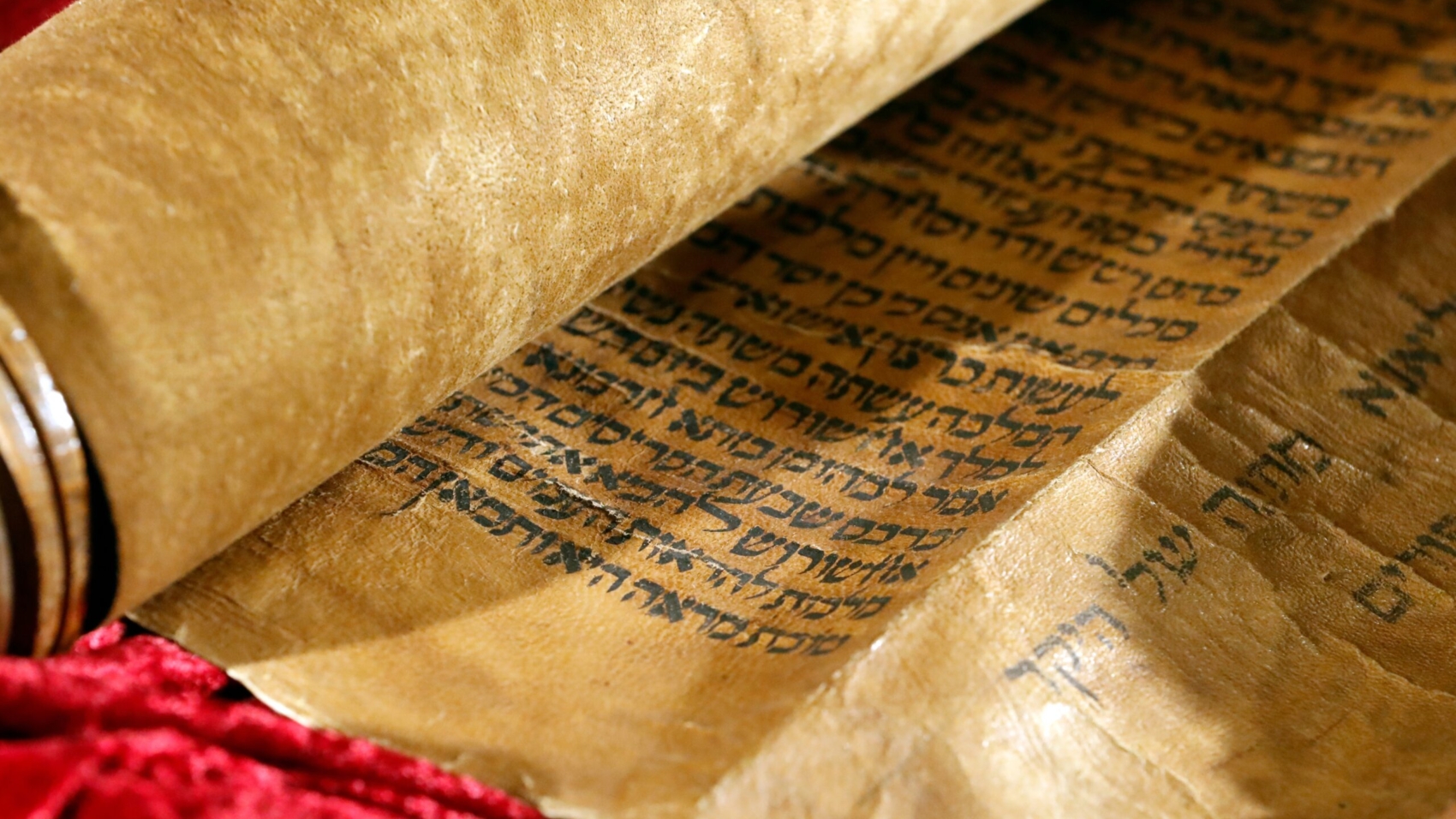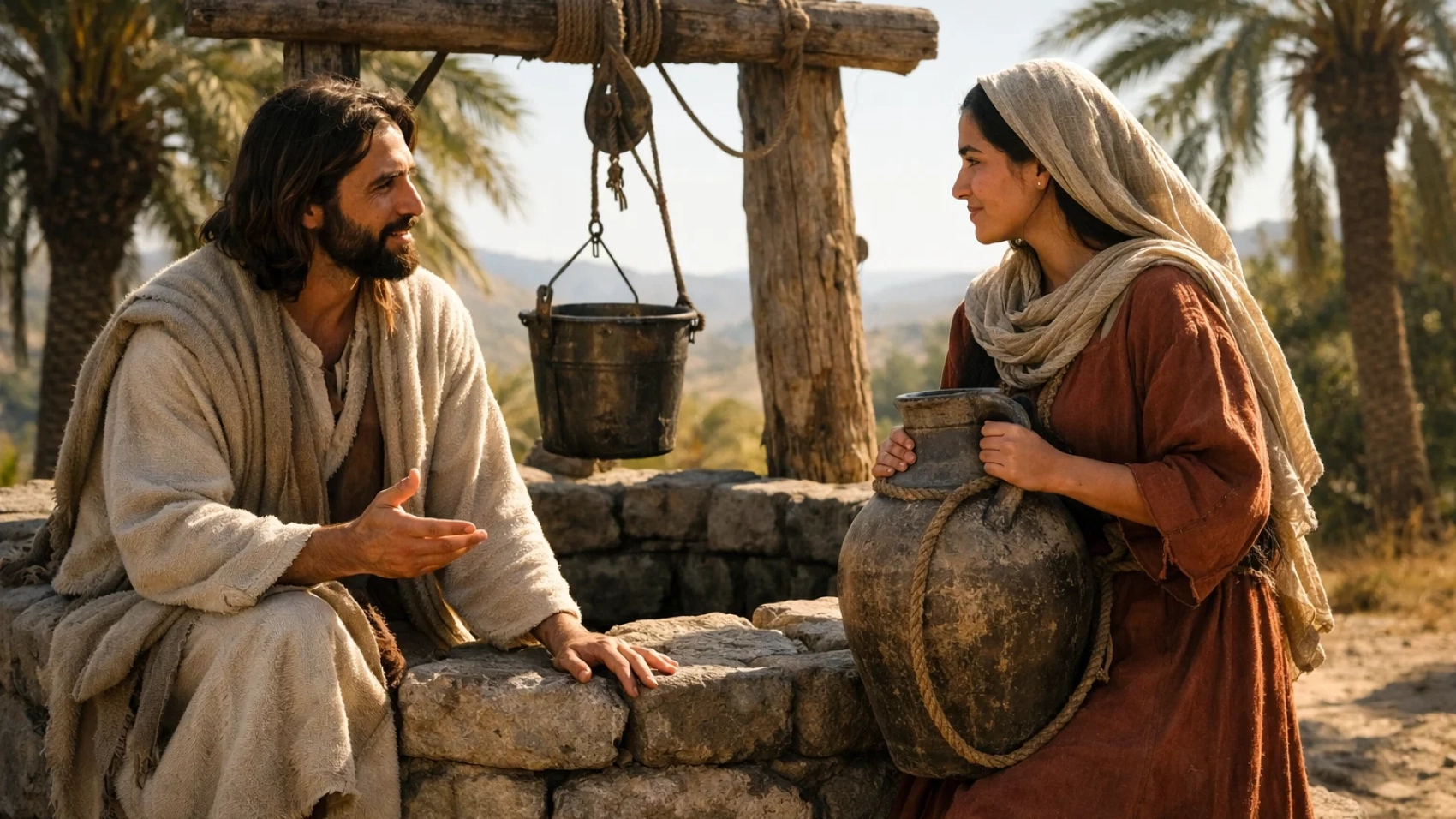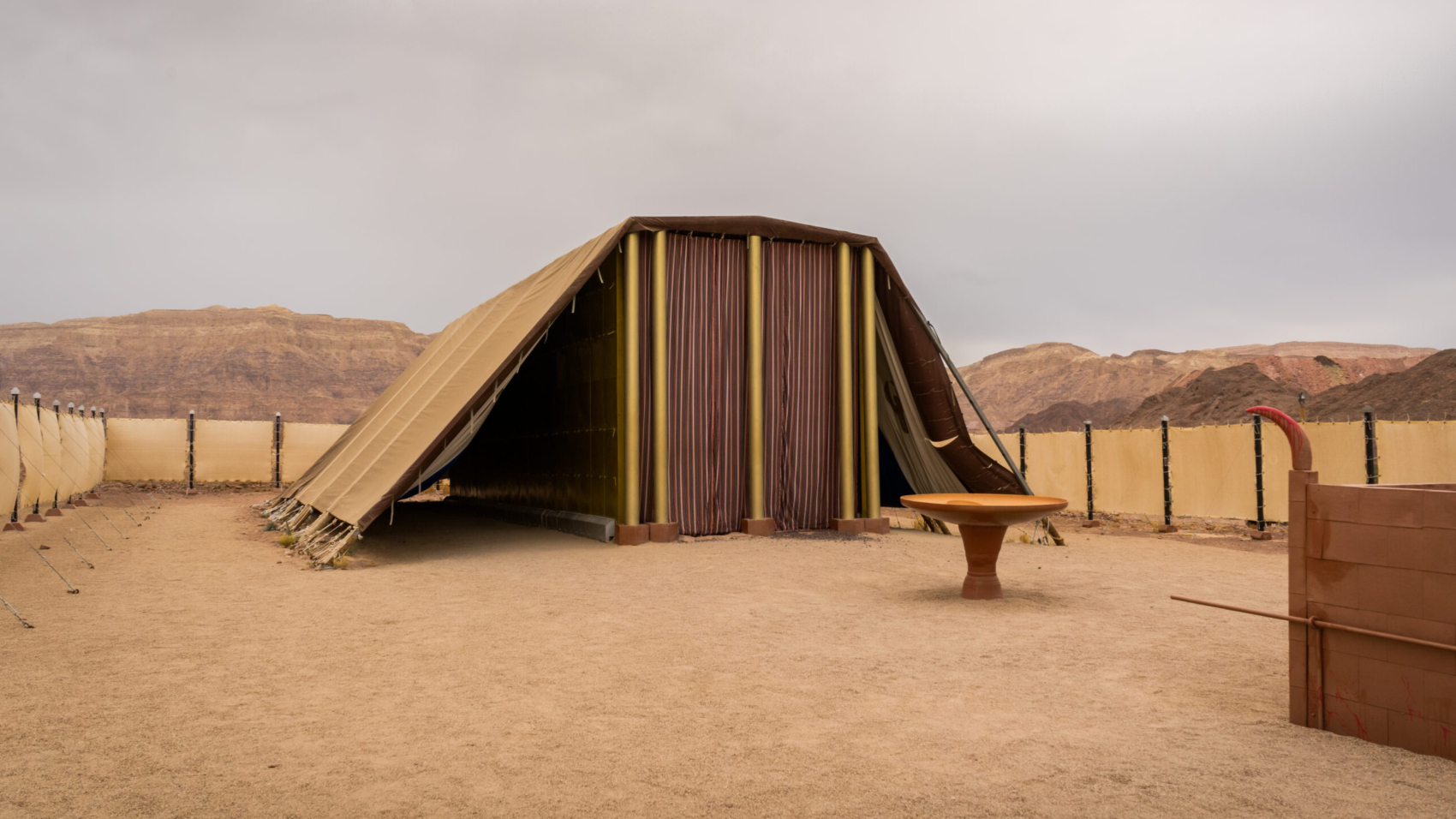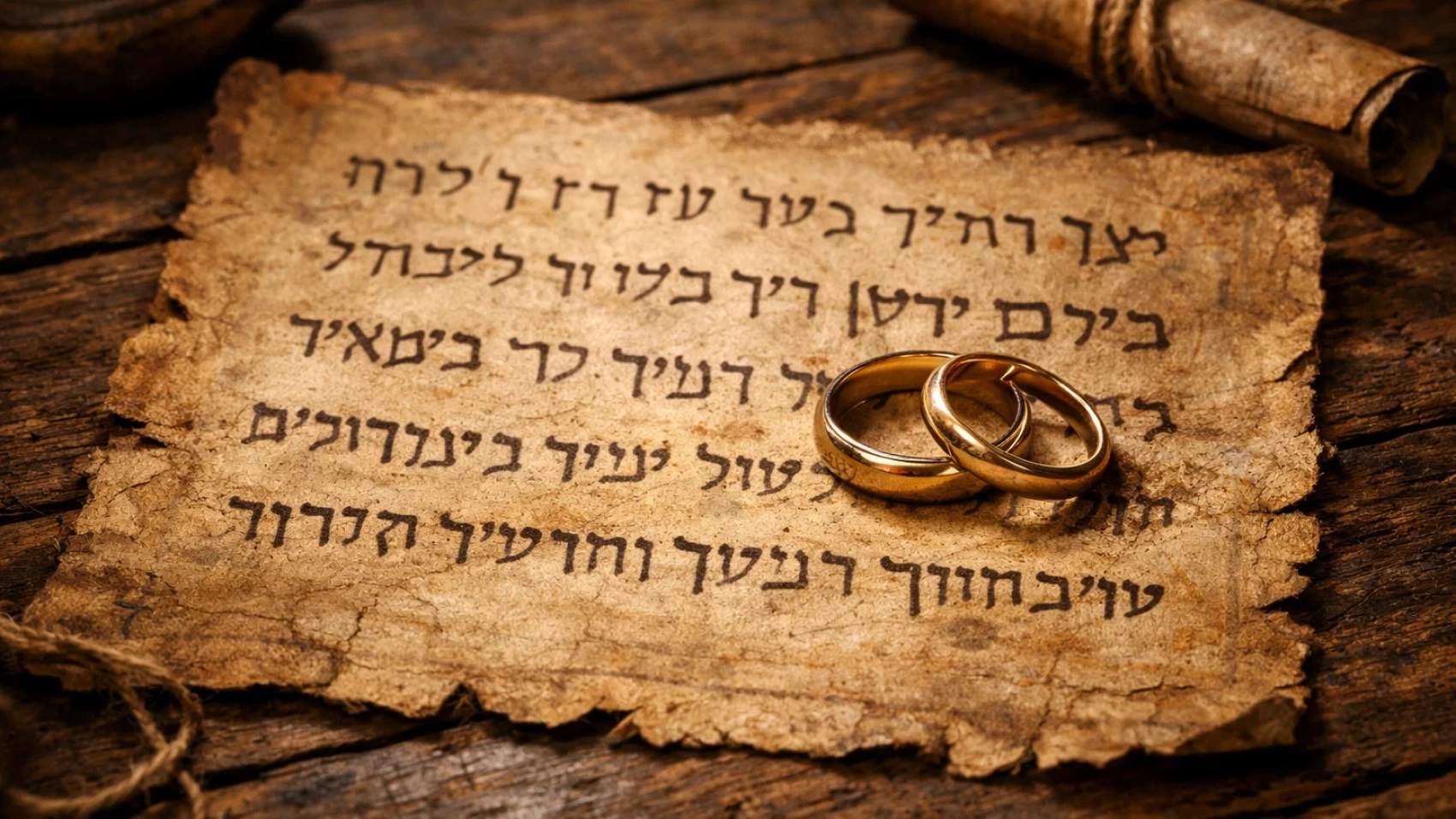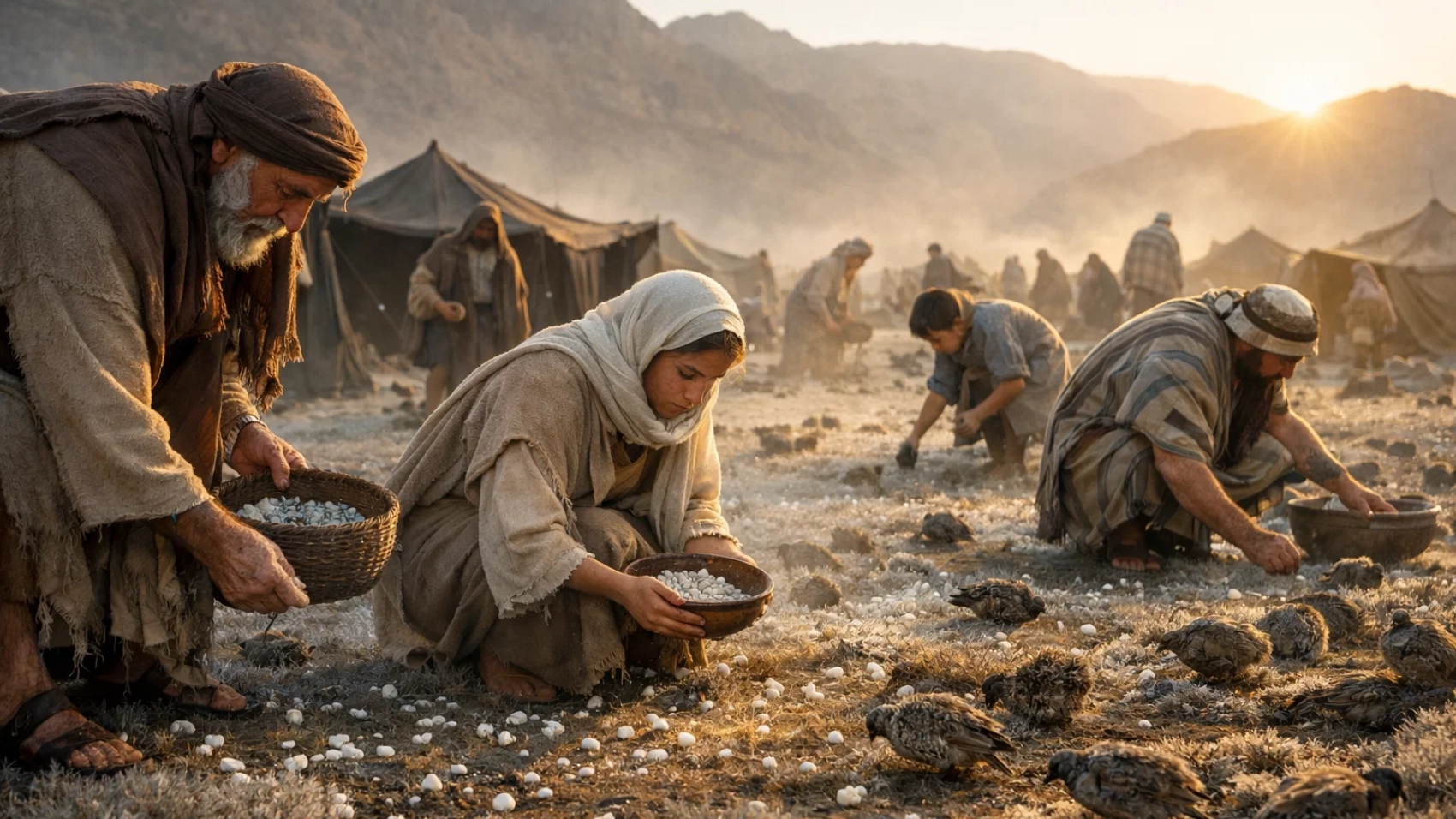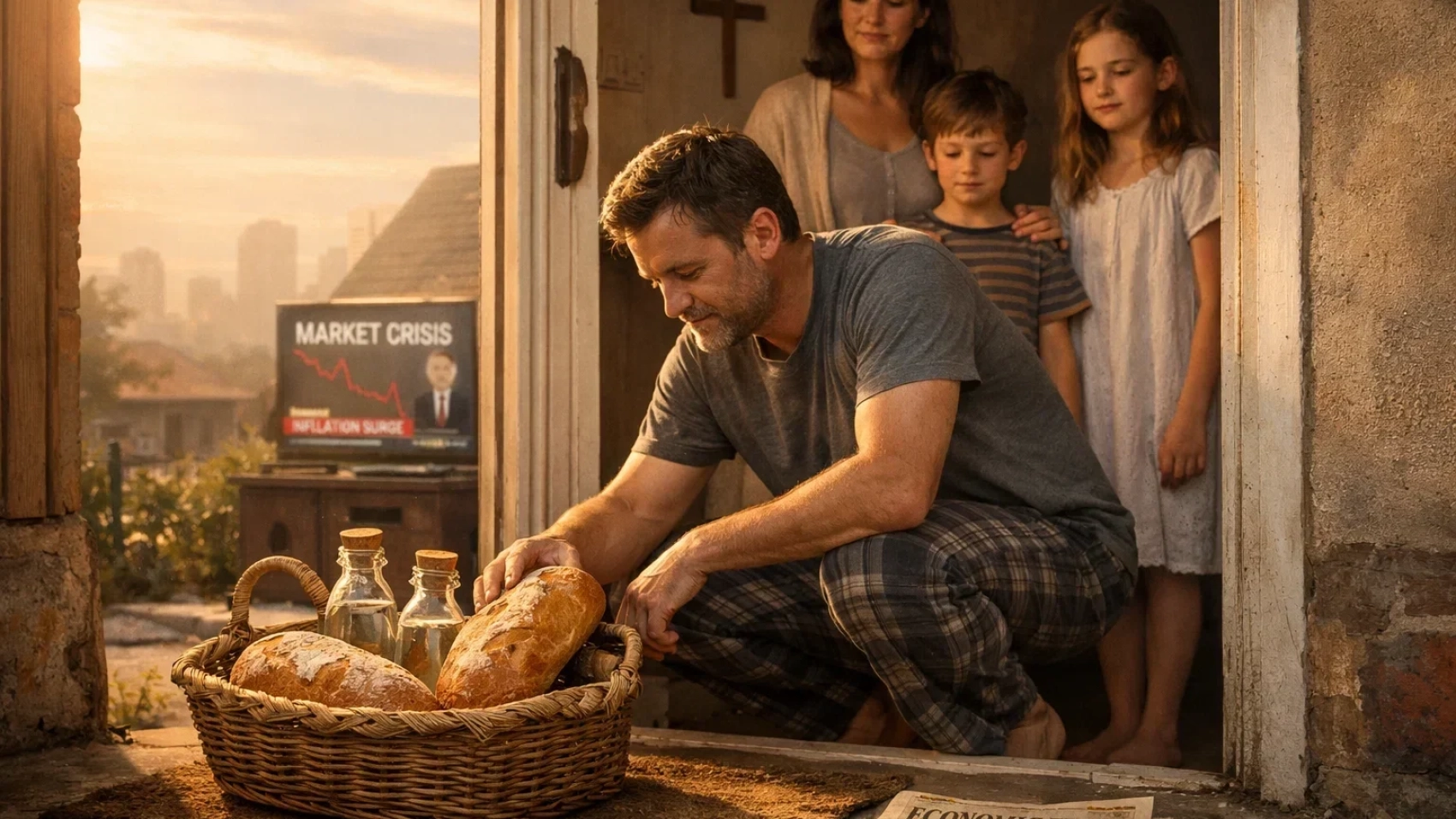Many people don’t want to have children. And those who do often don’t know what to do with them or how to raise them, so they end up in the hands of strangers or in the educational and social systems.
From Eden to Today: Clothed with Purpose
Many people don’t want to have children. And those who do often don’t know what to do with them or how to raise them, so they end up in the hands of strangers or in the educational and social systems.
Yeshua as the Tabernacle
Many people don’t want to have children. And those who do often don’t know what to do with them or how to raise them, so they end up in the hands of strangers or in the educational and social systems.
The Mishkan (מִשְׁכָּן) – Tabernacle
Many people don’t want to have children. And those who do often don’t know what to do with them or how to raise them, so they end up in the hands of strangers or in the educational and social systems.
What Is the Purpose of the Torah?
Many people don’t want to have children. And those who do often don’t know what to do with them or how to raise them, so they end up in the hands of strangers or in the educational and social systems.
The Great Wedding at Sinai
Many people don’t want to have children. And those who do often don’t know what to do with them or how to raise them, so they end up in the hands of strangers or in the educational and social systems.
Benefits of Delegating Responsibilities
Many people don’t want to have children. And those who do often don’t know what to do with them or how to raise them, so they end up in the hands of strangers or in the educational and social systems.
Where is Yehováh’s Guidance Today?
Many people don’t want to have children. And those who do often don’t know what to do with them or how to raise them, so they end up in the hands of strangers or in the educational and social systems.
Divine Training: Lessons from the Desert
Many people don’t want to have children. And those who do often don’t know what to do with them or how to raise them, so they end up in the hands of strangers or in the educational and social systems.
Manna: More Than Provision
Many people don’t want to have children. And those who do often don’t know what to do with them or how to raise them, so they end up in the hands of strangers or in the educational and social systems.
